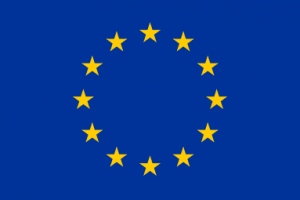Scientific knowledge is the most solid and robust kind of knowledge that humans have because of the self-correcting character inherent in its own processes. Nevertheless, anti-evolutionists, climate denialists, and anti-vaxxers, among others, question some of the best-established scientific findings, making claims that are unsupported by empirical evidence. A common aspect of these claims is the reference to the uncertainties in these areas of research, which leads to the conclusion that science is uncertain about evolution, climate change, and vaccination, among others. The truth of the matter is that while the broad picture is clear, there exist―and will always exist―uncertainties about the details of the respective phenomena. In this book Kampourakis and McCain show that uncertainty is an inherent feature of science that does not devalue it. In contrast, uncertainty actually makes science advance because it motivates further research.
